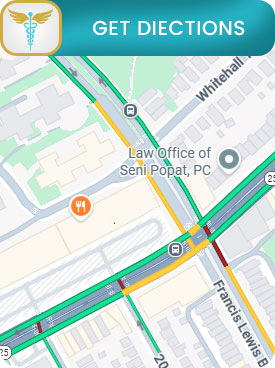What is the Link Between ADHD and Substance Abuse?
Individuals with ADHD may be at a higher risk for substance abuse due to impulsivity, difficulty with self-regulation, and the pursuit of self-medication to manage symptoms. Understanding this link is essential for developing effective treatment plans that address both ADHD and potential substance use issues. Jean-Jeffrey Marcellus, AGNP-BC, NRCME is at your service to provide professional advice at Marcellus Wellness & Addiction. For more information, contact us or schedule an appointment online. We serve patients from Queens NY, Brooklyn NY, Hempstead NY, Jamaica NY, Elmont NY, and surrounding areas.



Additional Services We Offer

Additional Services We Offer



